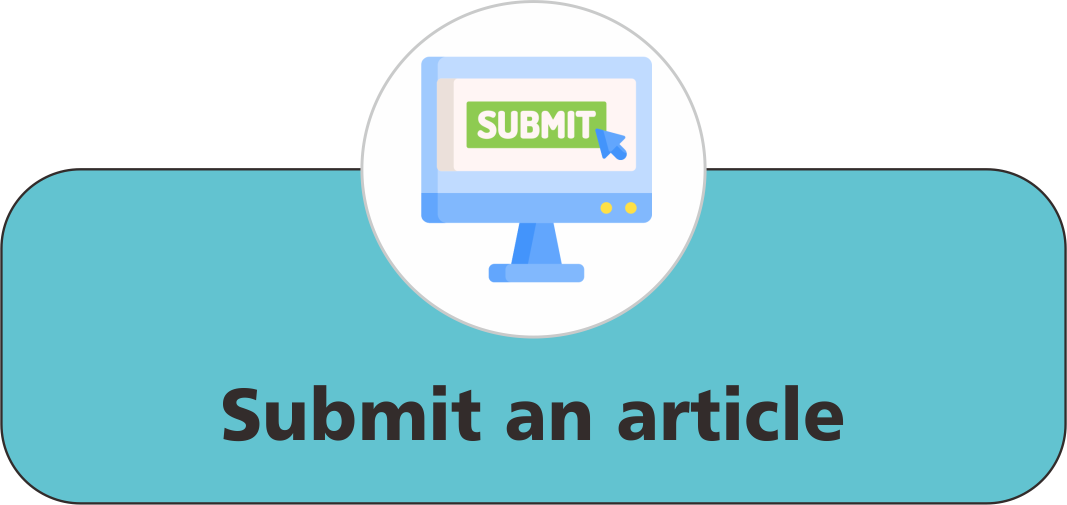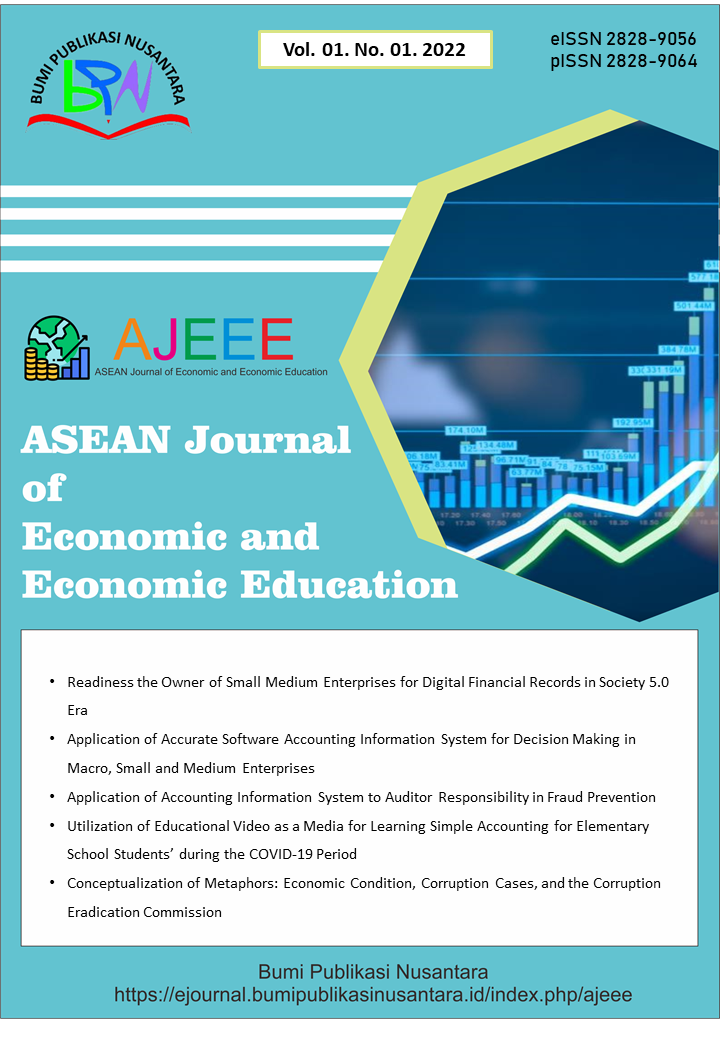Ergodesign and “Specific”, "Measurable", "Achievable", "Relevant", and "Time-Bound" (SMART) Technologies as Tools for The Formation of Innovative Leadership Programs
 ),
),
(1) Moscow Polytechnic University
 Corresponding Author
Corresponding Author
Abstract
Keywords
References
Bolieva I. S. and Surkhaeva I. N. (2017). Priorities of modern innovation and personnel policy. Kant, 1(22), 106 -109.
Glushchenko V. V. and Glushchenko I. I. (2016). Innovations as a structural element of the mechanism of monetary regulation in the economy. Financial Law and Management, 2, 104 – 117.
Glushchenko V. V. and Glushchenko I. I. (2019). Formation of innovative leadership strategy of machine-building corporation. Bulletin of Mechanical Engineering, 7, 70-78.
Glushchenko V. V., Glushchenko I.I., Vinokurova V.V., Ermolenko V.Yu., and Molostnov N.M. (2017). Anti-crisis analysis of mission, vision, goals of activity within the framework of the organization's crisis. Youth Scientific Bulletin, 5(17), 239-257.
Ivanenko I.A. (2020). Prospects and effectiveness of smart technologies application in industry. Information and computer technologies in the economy, education and social sphere, 1(27), 27-34.
Litvinov I.E. and Koroleva A. M. (2019). The impact of smart city technologies on urban development. Economics and entrepreneurship, 5(106), 497-500.
Plotnikova L.A. (2016). The content and essence of smart technologies as a didactic concept. Education and Self-Development, 1(47), 20-23.
Romanenko M. A. (2015). Leadership in the management of innovative projects and programs of enterprises. Current issues of economic sciences, 47, 64-68.
Soegoto, F. A. (2021). Product Development using SWOT Analysis. International Journal of Entrepreneurship and Technopreneur (INJETECH), 1, 1-10.
Article Metrics
Abstract View : 5024 times
: 5024 times Download : 2144 times
Download : 2144 times
Refbacks
- There are currently no refbacks.
Copyright (c) 2022 Yayasan Bumi Publikasi Nusantara

This work is licensed under a Creative Commons Attribution-ShareAlike 4.0 International License.



_publication_ethics1.png)



